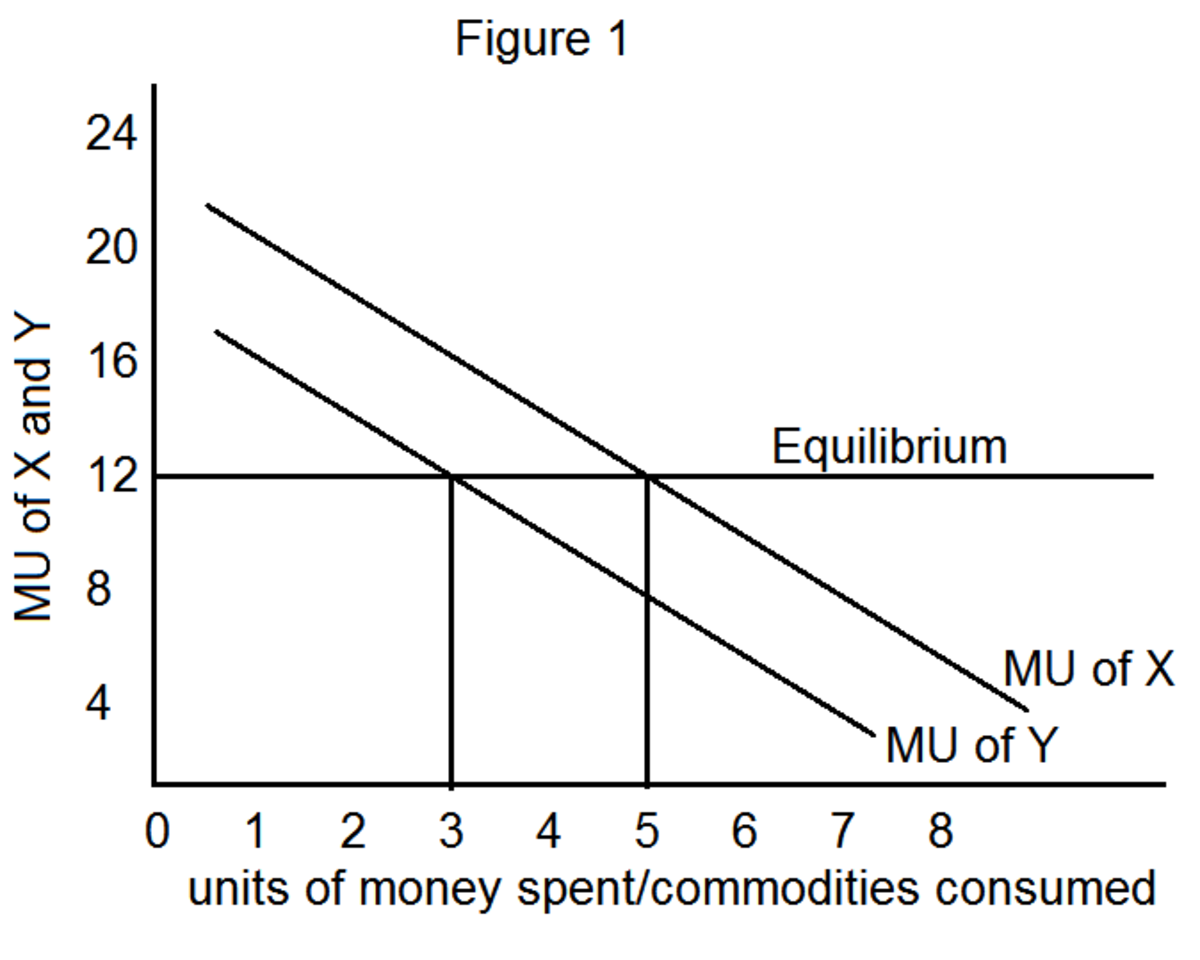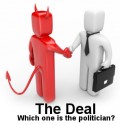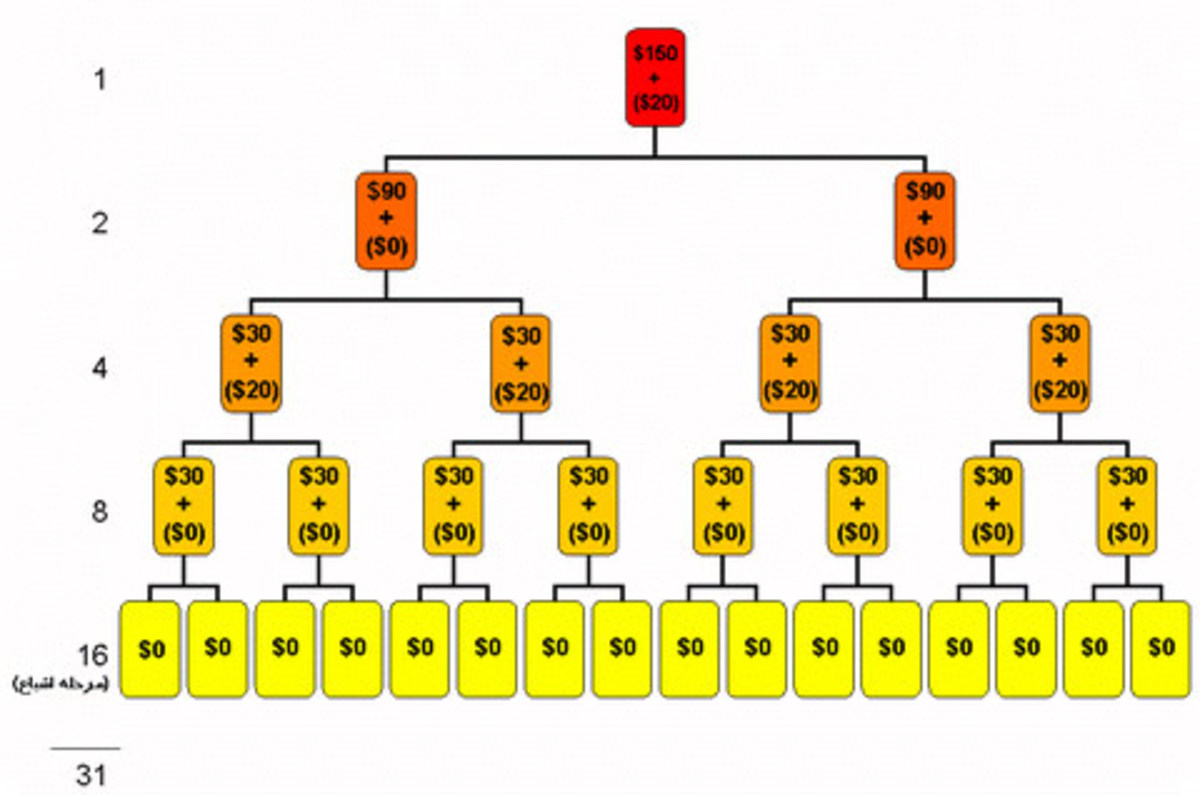The Corporation: A Brief History and a Universal Threat
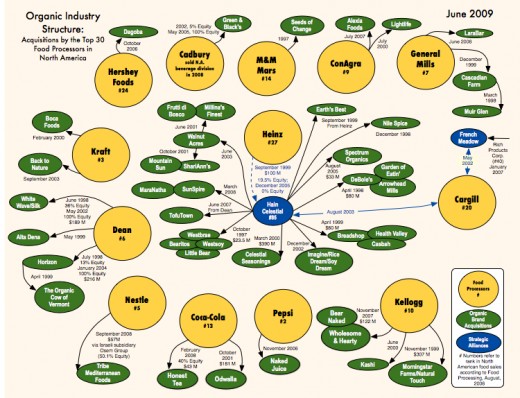
The Emerging Age of the Trans-National Mega-Corporation is Upon Us
Today, we live in the era of the transnational mega-corporation. They have become a law unto themselves to the point where they direct the process of legislating law in government bodies around the world. The trans-national mega-corporation has turned much of the world into a company planet. This has dire consequences for nature and humanity. This has not always been the case, but it is increasingly true today. When we think of trans-national mega-corporation, we think of entities like Monsanto, Walmart, McDonald's, the International Monetary Fund, the World Bank and the like.
The corporation, which is a group of people who agree to act together as an individual for a common goal, usually mercantile or money, was first really defined in 1600 in Britain with the royal assent in creating the British East India Company (1). Prior to that, business function through guilds (2) and on a local level, with trade for resources branching out to the far corners of the known world. Before that, corporation existed as groups of like minded people for the construction and establishment of hospitals and places of higher learning. The modern corporation is a far cry from that, existing primarily to make profit for the owner, CEO, CFO of the legal “individual” entity. Over the centuries, laws governing corporations have changed until the modern era where it is corporations that determine and write the laws that lobbyists get government officials to sign into effect. Within the history of the USA, there is a phase of transition from the original charters of the 13 colonies with the Bill of Rights and the Constitution FOR the United States of America that was ratified during the Paris Peace Accord of 1783 (3). These instruments were born during the revolutionary years culminating in 1776. The war between the emerging US and Britain delayed the establishment into law until the British lost and the peace accord of Paris in 1783 settled the issue at least temporarily (4). The original constitution of the republic stood intact until shortly after the Civil War. A new variant emerged in 1871 after the US was driven into bankruptcy by Britain as a result of the Civil War. Britain got involved in the Civil War on the side of the south on account of the massive cotton trade that was threatened. The north “won” the Civil War by a hair, but at the cost of financial ruin. The Bank of Britain offered a conditional loan/bail out in that the Constitution had to be changed. The renegotiated and emergent version, The Constitution OF the United States of America was established in 1871 and this made the US a corporation. One might think that a mere change of word; “for” for “of”; would be moot, but it is far from that and made all the difference in the republic, sending it down the road of a corptocracy. This is the stuff of legalese that can befuddle the average citizen, who at that time, had a very minimal education.
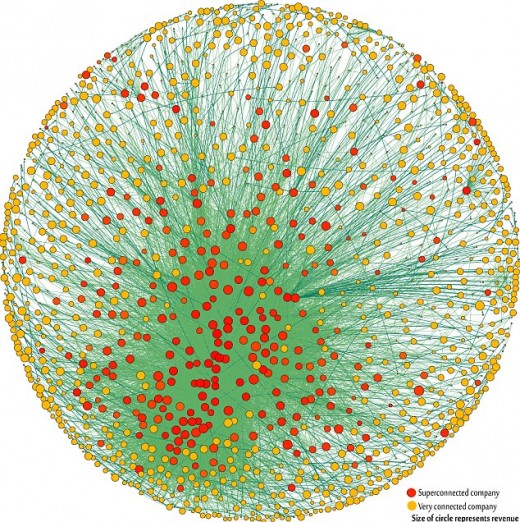
The Corporation "Owns" Everything!
With this change in effect, everything became the property of the corporation, in this case, of the CEO of the USA. In reality, slavery was not abolished, but underhandedly altered to include all those working for a wage as a new type of slave, i.e., a wage slave as opposed to a chattel slave that was abolished during the Civil War under the emancipation proclamation of Abe Lincoln (5). This transition slipped in under the awareness of the people of the USA and became in effect under the country company charter. The USA in effect became an individual and a company country where everything and everyone became the property of the real owners of the corporation managed by the Bank of Britain under the Rothschild family. The direct connection was severed as an obscuration to the fact with local tycoons being the go between and local representatives, such as JP Morgan. All resources, lands, production and human beings born in the country became the property of the corporation that had the ultimate say in all matters. Everything eventually got an identity number, which includes personal social security numbers and SIN numbers that serve as a type of human UPC codes. At first it was not so obvious, but came increasingly so as the corporation developed its stranglehold on everyone and everything. Once it was not obvious, but now it is in everyone's face obvious complete with all the corruption, lies, mass murder, heavy handed military and police tactics. Freedom of speech became freedom of monied speech.
Today the corporation has everything so sowed up that it is a double bind threat. With the masses held in ignorance, as has been tho policy of any monolithic organization, the corporation use of ignorance becomes necessary for continued existence. Yet that very corporation serves as the instrument for the total destruction of everything that we require to live due to unchecked growth in a limited context. The ignorant workers who handle all the grunt work for making anything of value, become totally dependant on the corporation and the organization that will ultimately kill them all along with the planet. This is because, that dependence rules out all other alternatives to living, especially to those who spend most of their conscious life within the confines of the corporate structures like the factory or mine, There is insufficient time to work a 12 or 16 hour day and grow ones own food or hunt too. It is a damned to do or a damned to not do proposition. Either way ends in destruction and chaos and the end with the corporation upon which almost all have become dependant, is collapse and chaos. This must be so because the fact of an every expanding corporation will meet its end when the limited environment is destroyed by that expansion. This translates to mass death for almost all life on earth, whether directly involved and exploited or an innocent bystander such as animals and nature. Should by some chance, the corporation head were to suddenly vanish, everyone who has been born and trained to serve that entity would suddenly be without direction and confusion without leadership of the missing head. Ignorance is an extremely poor substitute for great, multidisciplinary knowledge. The complicated and interlinked tasks that span the world today would soon be muddled, resulting in anarchy. Those specialized for a single task within the context of millions of specialized tasks, know little about cross disciplines. Only the odd person is able to cross more than one specific discipline and fewer for many. Though the CEO or CFO is not a master of many disciplines, that person has their administrators who organize the entire structure of the corporation. Today, the complexity of the modern corporation manages a bewildering array of multifaceted disciplines.
Consider the manufacture of a car and how that involves several major disciplines and many more sub-disciplines. The manufacture of a car involves the major disciplines of the petrochemical industry, metallurgy, weaving, rubber making, electronics, glass works, mechanics and security. No one individual knows how to do every one of these disciplines, yet with all the parts, they could hand build and entire car by themselves. Each sub-discipline requires separate skill sets as well. Metallurgy itself involves mining, refining, casting, alloy making, moulding and machine turning just to name a few. The same is true for petrochemicals. It is easy to see just how complex making one item can become. Now consider something as complex as a fighter jet or a rocket. In fact, it is even more true with just the electronics in today's world and the corporation manages to run this whole business with a seeming godlike life of its own, Yet, it is the millions of individual workers in concert that do the actual making on all fronts from the literal ground up to the finished product and commodity.
Not too long ago, before the advent of the modern complex corporation, the builder of some commodity, had to know the entirety of the skill set from raw resources to the finished useful product. The waggon builder had to know wood harvesting and shaping, building and finishing their product and much of that by hand alone. They had to know their trees, how to fell them and make lumber, selecting the proper lumber for each specific task. Not all woods are right for making axles and wheels. Some is more waterproof than others. Some has more flexibility than others and all of this had to be second nature. In Europe, the Italian gondola building guild managed to make unique and individual boats, all hand made by small numbers of people, usually in a family setting. These projects required a complete skill set of several disciplines. Yet, there was no corporation in the beginning. There is little doubt that corporations have taken over today in the construction of both waggons and gondolas. The difference is mass production, where huge numbers of people specialize in a single skill within an assembly line, each one involved in a single skill done in a programmatic way along the length of the assembly line (6). Single skills are non transferable and must be done in the proper sequence. As stated before, most people have only a few, well honed skills. It is designed that way purposely to cut down on error. Whether man made of robot made, it is the same. The difference is robots will work 24-7 for the CEO-CFO and do not need breaks, sick leave or days off. Only the occasional servicing and repair is required. Robots have replaced the work force of human beings in the modern mass assembly line of commodities. There is contradiction in this entire process. That contradiction is tied up with something called a promissory note, which is typified by fiat currencies of all kinds. It is also tied up with the necessity of consumers who will buy, with fiat currencies through wage receipt, what is produced by the corporate assembly process. Without work, there is no income/wages and thus no consumption of finished products, especially in a corporate factory run by robots. It begs the question, for whom is all this production? And: Why do we continue to produce commodities for which there is no market? We have a ginormous crisis of overproduction!
The Corporation: The Pathological Pursuit of Profit and Power
There is a Huge Contradiction That Threatens the Corporation and/or Our Existence
The modern corporation is dependent on the consumption of mass produced commodities. Yet, by mechanizing the various production processes and forcing the displaced masses into successive rounds of unemployment, the very market that the commodity is directed, is erased. This form a complex, non-linear limit on growth of the corporation. The quick answer is to expand the field of the market for the commodity. But, even this has its limit and that is the whole earth itself. Once that ceiling is reached, all expansion stops. Then the corporation faces inevitable collapse. Unlike diamonds and depleted uranium, corporations are not forever.
There are corporate solutions for this, such as diversifying the portfolio of commodities or, warfare. Both tactics are used by the largest transnational mega-corporations. The proof of the trans-nationality of some of these corporations surfaces in the contemporary period during the financial crash and subsequent bail-outs of 2008-09 (7). GM fled Detroit, lock, stock and barrel and set up in Asia where labour was cheaper, laws lax and no concern for the environmental controls. They had help, but not so for almost two million workers in Detroit, abandoned by the dual bail-out, i.e., the company bailed out and got a financial bail out. Some of these transnationals are war based industries of the military industrial complex (8) that require the rare resources from around the planet and that build the most complex and sophisticated war machines from tanks, jets and rocket to nuclear weapons. Most of the commodities of such a corporation are designed for single use in the theatre of war where the object is destroyed, usually in the quest to obtain the raw resources to keep the cycle of war destruction going. This is the route to continued profit, that is, to destroy old markets to create the space for new emerging markets. As argued elsewhere, this destructive practice is very hard on the environment upon which we all depend. This is in addition to the imperialist requirement for raw resources that are not equally distributed around the planet. As a result, being transnational becomes necessary for the modern corporation. War for rare resources also results, as there is more than one nation that is interested in these naturally occurring items.
The corporation, trans-national corporation and mega-corporation as they have evolved with their grip on almost everyone and everything, represents a substantial threat to life on earth. Some are now so powerful, they secretly write legislation that gives them the right to sue due to loss of profits, which means that in the event of their economic failure to reach their goals, everyone is on the hook to bail-in for the loss of profits. This “request” for payment will be enforced militarily. This is the substance behind the likes of the TPP agreement on the books at the moment that is meeting world wide resistance. Fortunately, corporations are not the only route for doing any and all business. The emerging discipline of crypto-currency is changing the way of how trade is being conducted outside of banks, their fees and interest charges. As long as this remains outside of corporate control, is as long as this will be a challenge to their unbridled supremacy. More and more people are getting local in food production and small scale production, but Monsanto is fighting this tooth and nail, preferring that hundreds of thousands commit suicide over the loss of a single dollar to unilateral control with GMOs, Roundup ready and terminator technology. The energy sector also shows promise with established and emerging technologies that do not rely on oil, gas, coal and uranium, but there is a stiff lobby campaign against this and in some regions, it is illegal to go off the grid. But alternate energy can also be localized with the risk of being arrested. There is little doubt that we are in for a knock down, drag 'em out fight between the corporations and their minions of support and the rest of humanity pushed to the outside of the system. This is a life and death struggle and those who make a stand against the fascist order in international corporatism, are those who fight for the survival of the ecosystem. The battle will be long and difficult as the corporate and company planet will not relinquish their stranglehold on all of us willingly. Every trick and deception they have learned will be in use. At this point, the prognosis is uncertain as to who will win, but one point of truth remains as a certainty. Regardless of what happens over the next couple of decades, nature will win in the end. If the non-corporatist sector wins, then humanity and non-human life may be spared provided they work with nature. If the corporation wins, then the limits of nature will be exceeded and the entire world will plunge into a ruinous chaos in which very little will survive.
References:
-
http://www.earlyamerica.com/earlyamerica/milestones/paris/peace-treaty-1.html
-
http://www.archives.gov/exhibits/featured_documents/emancipation_proclamation/
-
http://coursesa.matrix.msu.edu/~hst306/documents/indust.html



